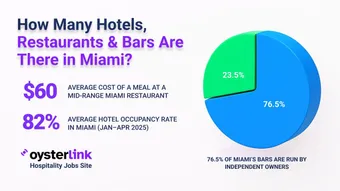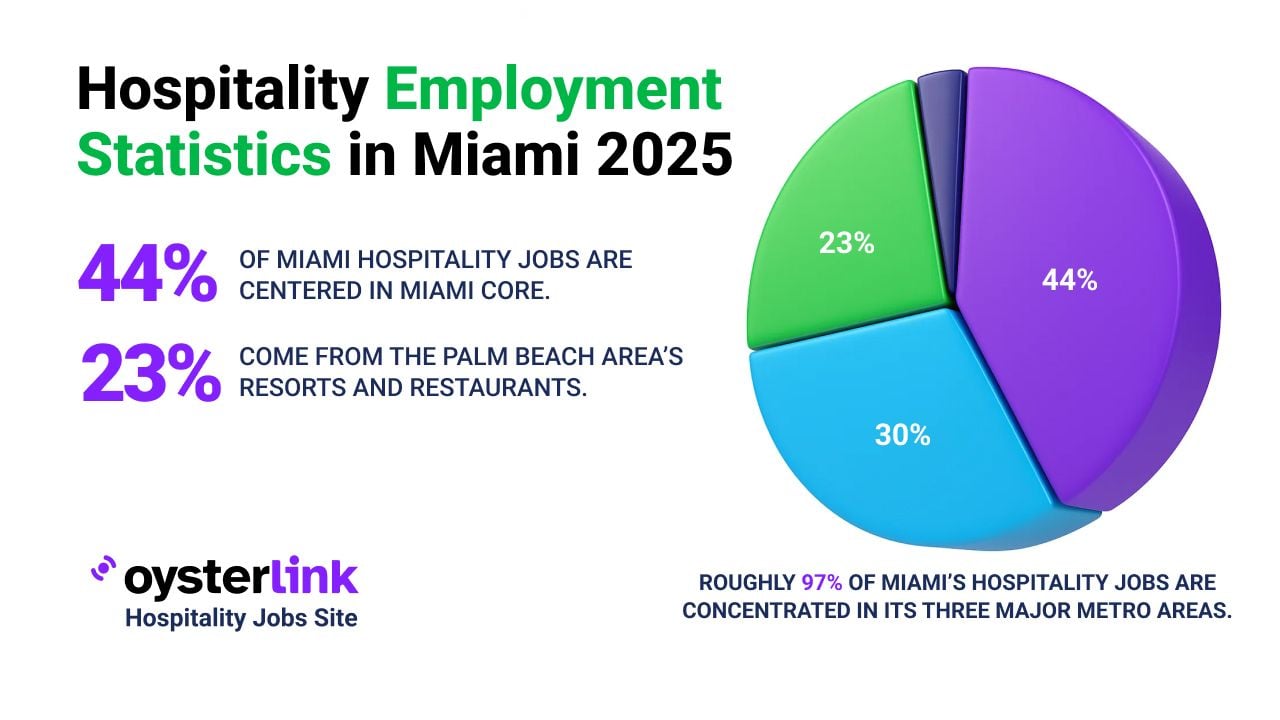Texas Workers' Compensation and Unemployment Insurance Requirements: Key Takeaways
- Texas does not require private employers to provide workers' compensation insurance, but those who do become "subscribers" with legal protections.
- Non-subscribing employers must notify Texas Department of Insurance and employees, but face higher liability risks for workplace injuries.
- Unemployment insurance is mandatory for Texas employers, funded through employer-paid taxes administered by the Texas Workforce Commission.
Understanding the distinct rules for workers' compensation and unemployment insurance in Texas is critical for employers.
This guide outlines the key requirements and legal considerations to help businesses comply effectively.
Texas hospitality employers should also review job posting compliance guidance.
1. Workers' Compensation Insurance Requirements in Texas
Texas is unique among many states because private employers are not legally required to carry workers' compensation insurance. This voluntary system creates two categories of employers: subscribers and non-subscribers.
Subscribers: Benefits and Requirements
Employers who purchase workers' compensation insurance or qualify as certified self-insurers are called subscribers. Carrying this insurance helps protect employers from most lawsuits related to workplace injuries because it provides a structured system for addressing claims.
Workers' compensation insurance covers medical treatment and a portion of lost wages for employees who experience work-related injuries or illnesses. Besides purchasing a policy from a licensed insurance company, employers with strong financial resources and an effective safety program may apply to become self-insurers.
This system benefits both parties: employees receive prompt benefits without lengthy litigation, and employers avoid costly lawsuits while fostering safer working environments.
For a broader coverage overview, see insurance for restaurant owners.
Non-Subscribers: Risks and Obligations
Employers who opt out of workers' compensation are termed non-subscribers. They must fulfill several strict requirements, including:
- Annually notifying the Texas Department of Insurance (TDI) of their non-subscriber status.
- Providing written notice to new employees about the lack of workers' compensation coverage.
- Posting clear, conspicuous announcements in the workplace to inform all staff.
While choosing not to provide this insurance might save some upfront costs, non-subscribers give up valuable legal defenses. For example, they cannot claim that an employee's own negligence contributed to their injury to avoid liability. This means non-subscribers face significant financial risks if an employee is injured on the job.
To reduce risk exposure, review common insurance claim mistakes.
Employers must carefully weigh these liabilities when deciding whether to become a subscriber.
2. Unemployment Insurance Requirements for Texas Employers
Unlike workers' compensation, unemployment insurance is mandatory for almost all Texas employers. This program helps workers who lose their jobs through no fault of their own by providing temporary financial assistance.
Employers fund this insurance through taxes levied by the state. Employees do not contribute toward unemployment taxes.
The Texas Workforce Commission (TWC) administers the unemployment insurance program. Employers are required to:
- Register with the TWC as an employer.
- Report employee wages and pertinent data regularly.
- Pay unemployment insurance taxes as determined by the TWC.
Compliance with these obligations ensures that unemployment benefits are properly funded and that eligible workers receive assistance promptly.
If you operate across state lines, see this multi-state payroll guide.
When hiring servers in Texas, start with a clear server job description.
3. Key Considerations for Texas Employers on Workers' Compensation and Unemployment Insurance
Evaluating the Choice to Provide Workers' Compensation
Given that workers' compensation is not mandatory in Texas, employers must evaluate their risk tolerance. Providing coverage through a subscription offers important benefits, such as legal protections and streamlined employee injury care.
Conversely, non-subscribing employers expose themselves to potentially costly lawsuits and must ensure they fulfill notification and posting requirements.
Front-of-house teams benefit from a detailed bartender job description.
Maintaining Compliance with Unemployment Insurance
Failure to comply with Texas unemployment insurance requirements can lead to penalties and affect employees' access to necessary benefits. Employer registration, accurate wage reporting, and timely tax payments are essential.
These practices not only satisfy legal duties but also support workforce stability and community financial health.
Teams should also understand the costs of off-the-clock work.
4. Best Practices for Texas Employers on Insurance Requirements
- Review your company's risk profile regularly to decide if subscribing to workers' compensation insurance makes sense.
- Ensure written notices about the lack of workers' compensation coverage are provided to all new hires and that workplace postings remain visible and updated.
- Register with the Texas Workforce Commission promptly and maintain up-to-date reports on employee wages.
- Establish internal payroll procedures that include accurate tracking and timely payment of unemployment insurance taxes.
- Consult legal or insurance professionals specializing in Texas employment law to tailor compliance strategies for your business.
While staffing leadership roles, reference this restaurant manager job description.
5. Authoritative Resources for Texas Workers' Compensation and Unemployment Insurance
For the most accurate and up-to-date information, employers should reference:
- Texas Department of Insurance (TDI) – Guidance on workers' compensation insurance and subscriber status.
- Texas Workforce Commission (TWC) – Resources on mandatory unemployment insurance requirements.
- Texas Labor Code, Chapter 406 – Legal statutes governing unemployment compensation in Texas.
For back-of-house leadership, use this kitchen manager job description.
Texas Workers' Compensation and Unemployment Insurance Requirements: Conclusion
Texas employers operate under a distinctive framework where workers' compensation insurance is optional but comes with legal advantages, while unemployment insurance is a compulsory program supported by employer taxes.
By understanding the obligations and risks associated with each insurance type, business owners can make informed decisions that protect their workforce and comply with state laws.
Consistent communication with employees and utilization of official resources ensure a compliant, safer, and more resilient workplace in Texas.
Hotels should maintain a precise housekeeper job description for safety and compliance.




.webp)
.webp)